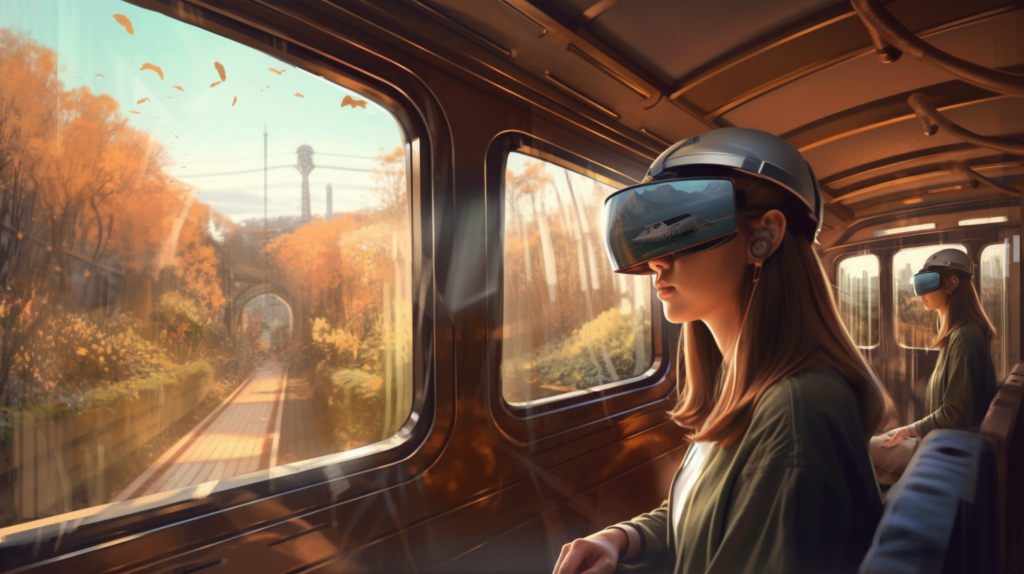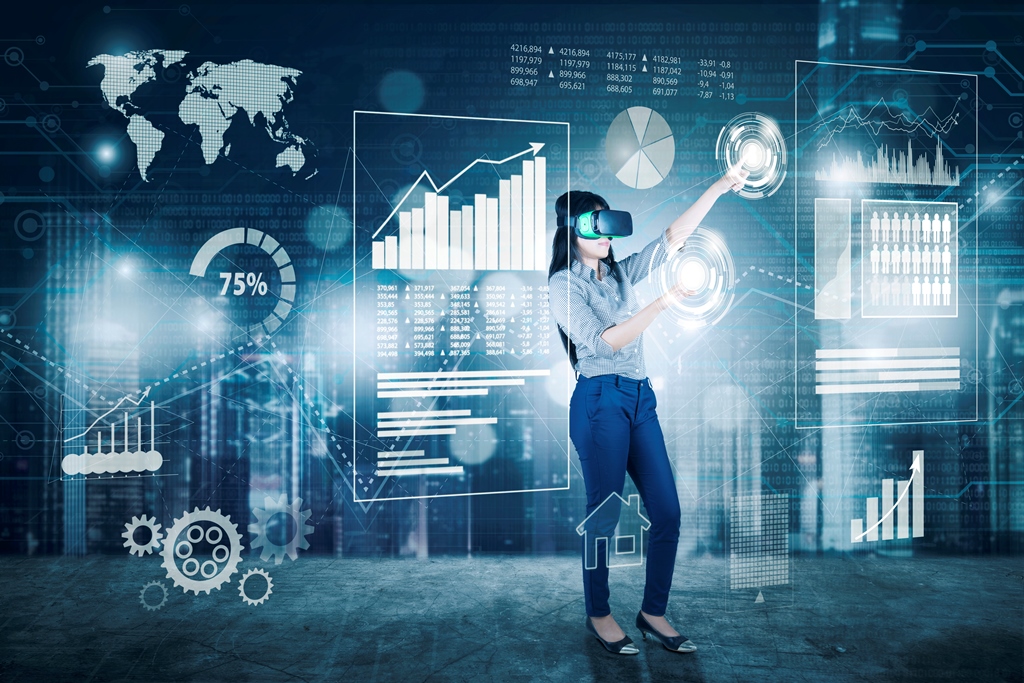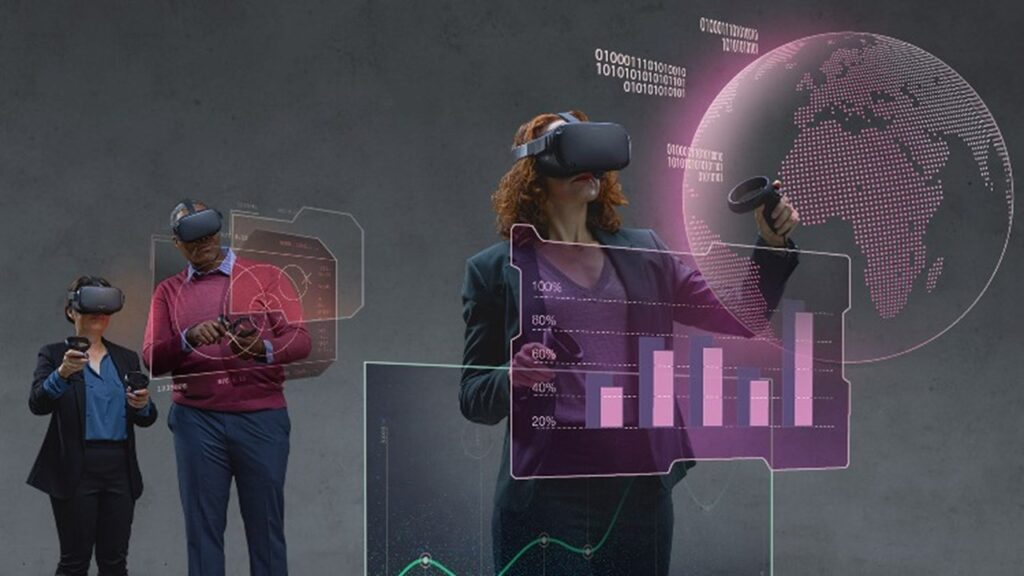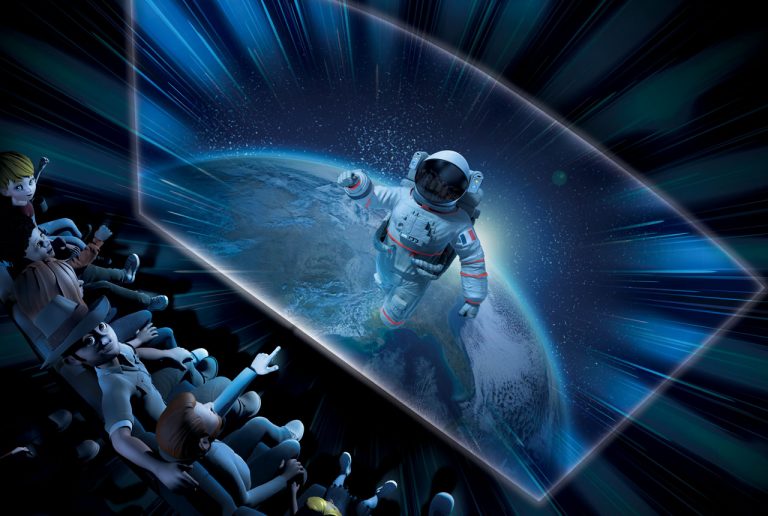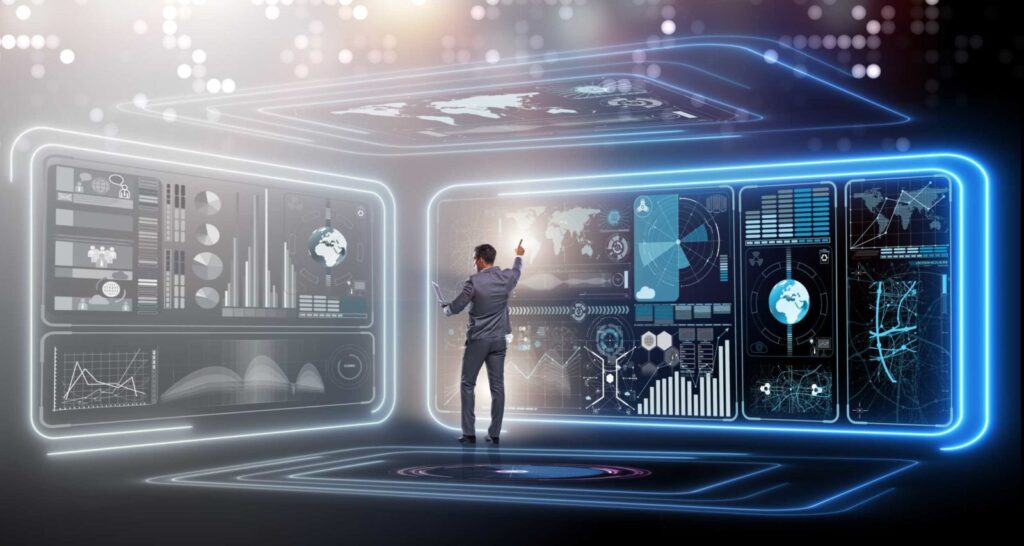The travel and tourism industry has always been one of the most dynamic sectors of the economy, contributing significantly to global GDP and providing millions of jobs worldwide. However, the industry has been severely impacted by the COVID-19 pandemic, forcing it to reimagine how it operates in the new normal. Virtual Reality (VR) and digital twins could help revolutionise the industry by creating more engaging and immersive experiences for customers, boosting revenues, and enhancing sustainability.
VR is a technology that allows users to immerse themselves in a computer-generated environment that feels real, using specialized equipment such as headsets and gloves. Digital twins, on the other hand, are virtual replicas of physical objects, places, or systems, which can be used to simulate and analyze how they function in real-life scenarios. Here are some ways VR and digital twins could benefit the travel and tourism industry.
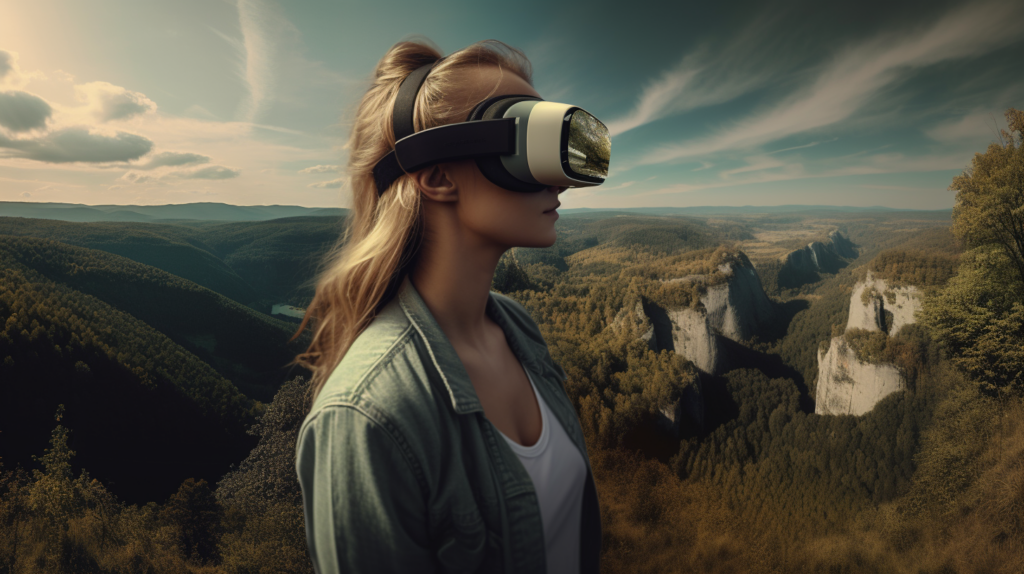
- Virtual Tours: VR technology can enable customers to take virtual tours of popular tourist destinations worldwide. Customers can experience different cultures and explore new places without leaving the comfort of their homes. This technology could be particularly beneficial to travellers who are unable to visit a destination due to physical limitations or financial constraints.
- Personalised Experiences: VR can be used to create personalised experiences for customers. For example, a hotel could offer customers the opportunity to preview and select their preferred room using VR technology before booking. This technology could also be used by tour operators to create customised itineraries based on the interests and preferences of customers.
- Training: VR can be used to train employees in the hospitality industry. For instance, hotel staff could be trained on how to handle emergencies, customer service, and other essential skills using VR simulations. This approach could be more cost-effective and less disruptive than traditional training methods.
- Sustainability: Digital twins can be used to simulate and analyse the environmental impact of tourism on local ecosystems. This technology could enable stakeholders in the industry to make more informed decisions about sustainable tourism practices that can protect the environment, conserve natural resources, and reduce carbon emissions.
- Safety and Security: VR and digital twins can be used to simulate and test safety and security measures in the travel and tourism industry. For instance, airports could use VR simulations to train staff on how to handle security threats and emergency situations.
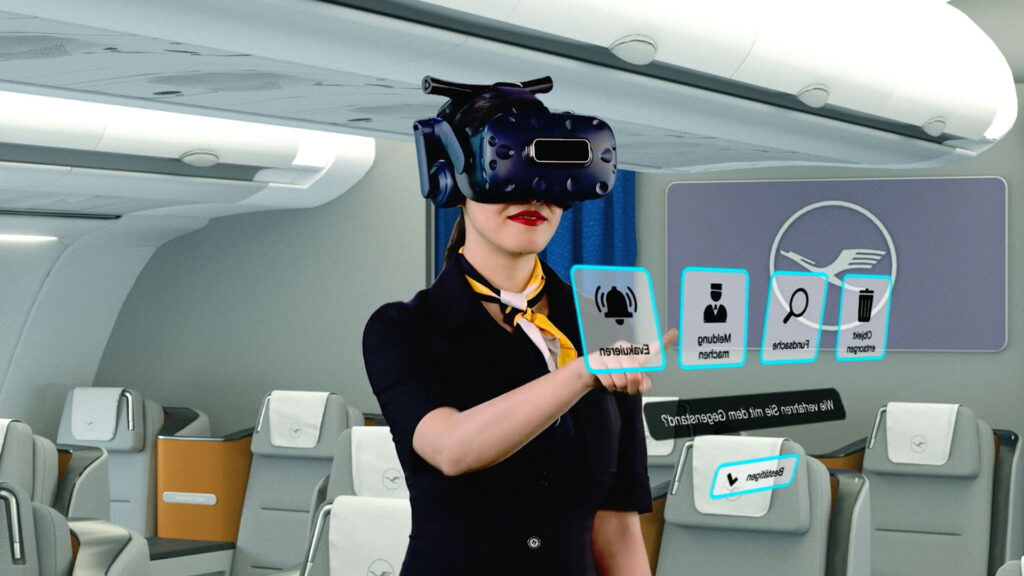
In conclusion, VR and digital twins could revolutionise the travel and tourism industry by creating more engaging and immersive experiences for customers, boosting revenues, and enhancing sustainability. With the ongoing pandemic, these technologies could help the industry adapt to the new normal and provide a much-needed boost to the sector’s recovery.
Discover how Rendezverse can empower your travel or tourism business here…
